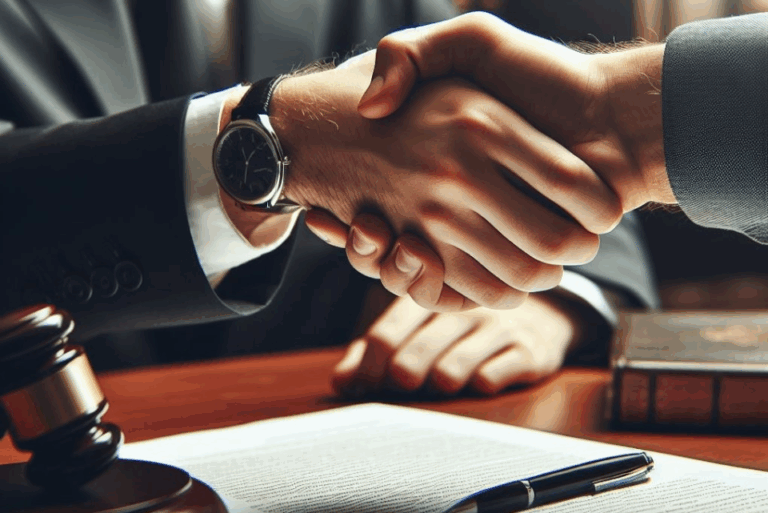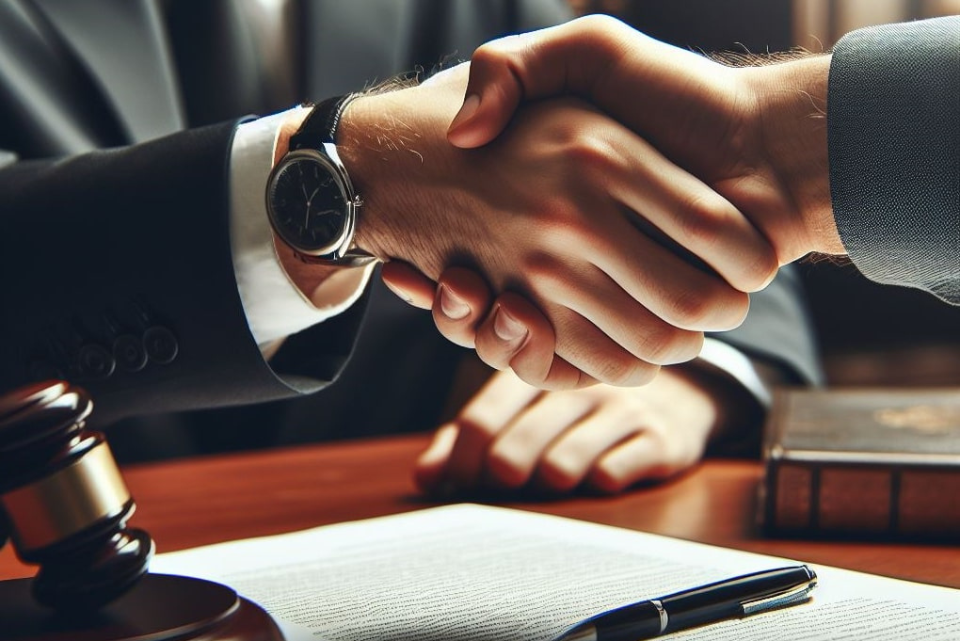People often ask us how we decide what cases to accept.
The answer is that, like most other decisions, there’s a process involved.
The process involves consideration/evaluation of multiple factors.
- Liability
Everything else aside, 95% of the time we will not accept a case if we do not believe that we can win.
Does this mean that we win every single case?
No – no one can say that, and if they do, they’re likely not being honest with you.
Winning personal injury, medical malpractice and employment discrimination cases as a plaintiff is difficult. The law is generally more favorable to the other side, and you are often facing societal and systemic difficulties that the other side simply doesn’t have.
We do, however, try very hard to evaluate the likelihood of success in proving the case; that is, how likely will it be that we can a) get to trial; and b) win at trial. If the odds are not good, we will likely not accept a case.
*NOTE: there are, rarely, cases where we feel so strongly about standing up against what happened, that we will accept a case that has very difficult liability.
- Damages
What, reasonably, can we expect to recover for you if we accept the case? This means identifying what damages are legally available to you if you win (for example: pain and suffering, medical expenses, economic losses, etc.), and then making our best estimate as to how much of those you will receive.
This is not an exact science. In determining the answer to this question, we look to you (your injuries, etc.), as well as to databases to determine what courts and juries have historically awarded in somewhat similar cases (understanding that each case is different). We will also look to our own history of cases and recoveries.
As a general rule of thumb, if we do not believe that we will be able to obtain a significant monetary recovery for you, it is unlikely that we will accept the case.
*This does not mean that we obtain a significant recovery in every case.
- The costs
One of the benefits that we offer to clients is that if we accept their case, we will advance the costs of the litigation until the case is concluded. These costs include filing fees, expert witness fees, transcript fees, etc.
These costs are often very significant.
Which means that we must be careful in accepting cases with a lot of costs and a minimal likely recovery. In the end we are a business, and in order to stay in business we need to earn more than we spend.
- The Plaintiff
Yes, we evaluate the potential client. We have to, because a jury will do the same.
When you file a lawsuit against a powerful entity (like a large company, institution, municipality, hospital, etc.), your life becomes an open book. The other side does its homework, and will try in any way possible to discredit you.
Mistakes in your background? Don’t worry about them – we can address those, and in fact do it all the time. What gets you into trouble? Dishonesty; greed; disrespectful behavior.
Your job (and ours) is to prepare your case for the final step – the trial. And, typically, that trial is in front of a jury – a group of 8 people whom you’ve never met.
The reality is that if a jury doesn’t like you, they will be less likely to find in your favor. This means that if you meet with us and are rude, disrespectful, dishonest, or otherwise suggestive to us that you are going to be a difficult client, we will not accept your case.
Our firm is intentionally small, and we like to build relationships with our clients. Taking on the right clients and cases is of the utmost importance to us. We generally only work with clients who are interested in learning about their case; who will stay actively engaged; who will respond when we ask them questions; and who will generally listen to our advice.
- The Defendant
Let’s face it, some companies/institutions/municipalities/hospitals, etc. are easier to like than others.
If you get hit by an 80-year-old woman who was distracted because she was trying to avoid hitting a dog, that’s one thing. (NOTE: We may still be able to help you, but it’s a different approach).
Alternatively, if you are severely hurt because a massive company either failed to pay attention to detail or simply looked the other way to save money – well that’s possibly a different approach. A jury might be able to put themselves in your shoes in that situation, which is important.
The defendant must also have the ability to pay. In the civil system, money damages are the primary means by which a party can recover. If the defendant lacks sufficient assets (or, more often, insurance) to pay any potential damages, we cannot accept the case.
While the potential defendant in the case is the not the most significant factor in our determination, it can make a difference, and as a result it is something that must be considered.
- The venue
The venue is the place where it happened, or where the lawsuit would take place. This can matter for several reasons.
Some venues are known as more friendly to plaintiffs; some more friendly to defendants. Some venues are known to make larger awards in certain types of cases; some the opposite.
Then there are the practical considerations. How far will we have to travel for court? Does the court allow virtual appearances? How are the potential judges? Is there an advantage or disadvantage (or neither) to out of town or local attorneys?
- The length of time
Some legal claims are resolved in 60-90 days. Others take several years. In many cases we are able to estimate at the outset about how long the case will take; in others it is difficult to say.
We do not accept cases with the idea of a “quick settlement.” There are many firms out there that do – you’ve seen them advertising on television. That’s not us. We handle cases that tend to be more complex, and that often require litigation. That’s what interests us.
That said, there are cases in which it makes sense to look for a shorter-term resolution, and this is something that we evaluate with clients on a case by case basis.
This list is not exhaustive, but gives you a good overview of what goes into the process of case selection. As we’ve mentioned several times throughout this article, we are cautious about selecting cases and clients, and accept only a handful of cases at any given time.
But don’t fret; if your case is not a good fit for us, we can always recommend another firm that may be able to help.
If you have questions or would like a confidential case review, contact us today.


